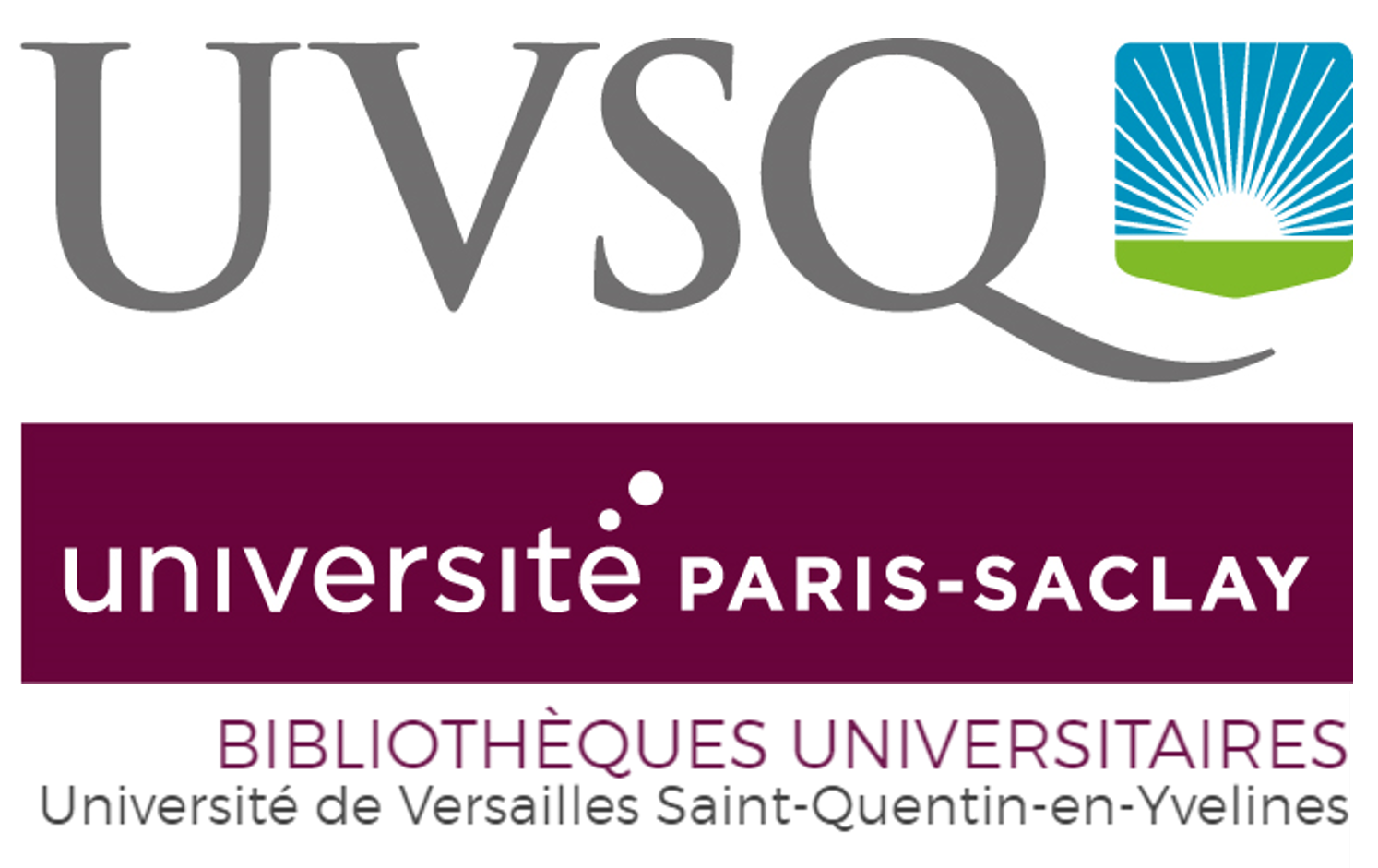Criticality: How Changes Preserve Stability in Self-Organizing Systems
Résumé
Self-organizing systems are social systems which are immanently and constantly recreated by agents. In a self-organizing system, agents make changes while preserving stability. If they do not preserve stability, they push the system toward chaos and cannot recreate it. How changes preserve stability is thus a fundamental issue. In current works, changes preserve stability because agents’ ability to make changes is limited by interaction rules and power. However, how agents diffuse the changes throughout the system while preserving its stability has not been addressed in these works. We have addressed this issue by borrowing from a complex system theory neglected thus far in organization theories: self-organized criticality theory. We suggest that self-organizing systems are in critical states: agents have equivalent ability to make changes, and none are able to foresee or control how their changes diffuse throughout the system. Changes, then, diffuse unpredictably – they may diffuse to small or large parts of the system or not at all, and it is this unpredictable diffusion that preserves stability in the system over time. We call our theoretical framework self-organiz ing criticality theory. It presents a new treatment of change and stability and improves the understanding of self-organizing.

